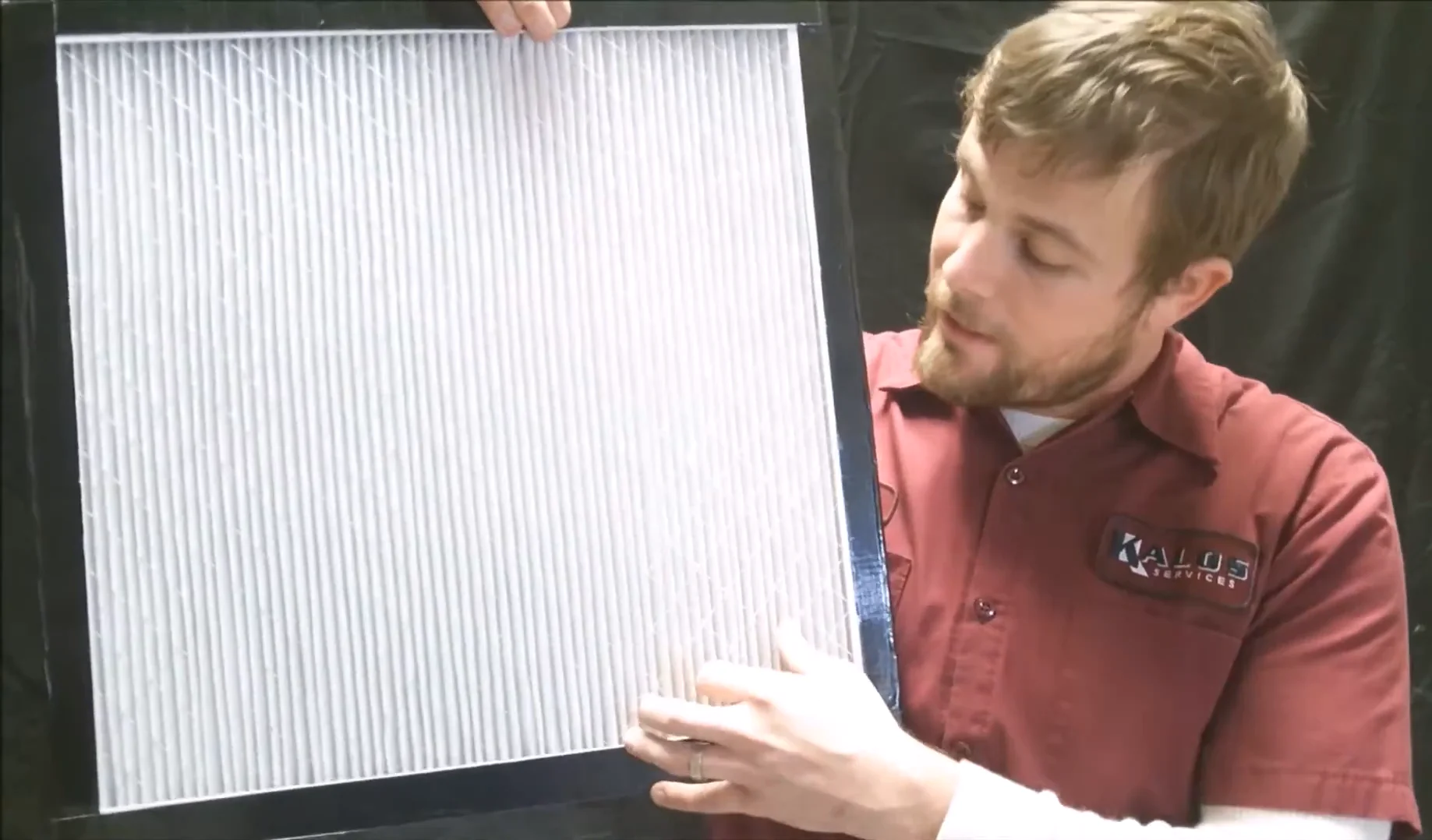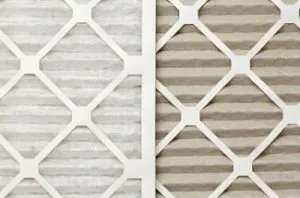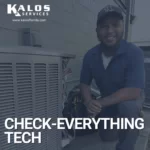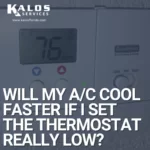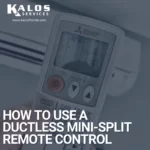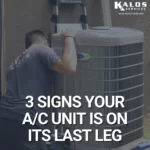It's Important to Choose the Right Air Filter
Have you ever been surprised at the number of different air filters available at your local retailer? Most people can only guess which air filter is actually right for their system. Although it’s a small detail, making sure you have the correct filter is one of the best ways to take proper care of your system and get the most out of your investment.
If you just need the quick rundown, our service manager Nathan Orr has broken down three standard air filters and their differences. In the longer video, we actually had some fun with an experiment. Which air filter actually holds up to its price tag? Check it out below!
Three Types of Basic Filters
When it comes to air filters, there are really three kinds of standard 1-inch filters that you can get at any hardware store. The first one is a fiberglass filter. These are see-through, and in the field, we call them boulder catchers—because that’s about all they will filter. They're not really going to protect your coil or filter your air very well. These are only useful to stop large combs of animal hair or large particles from being pulled onto your coil. You can buy a set of five of them for $2-3. We don’t suggest using these because they don't protect your AC unit. Either way, they are cheap.
The second and most popular kind is a MERV 8 pleated filter. This is the type of filter you would most likely have installed by a technician performing annual A/C maintenance. It’s beneficial because it has somewhat wide pleats. The purpose of the pleat is to give you more surface area. The more surface area you create, the more effective the air filter can be. This type of filter will perform well and catch most of what you need it to. It's not going to catch too many allergens, but it does a good job of protecting your unit. Usually, it costs around $3-4 per filter.
On the high end, you usually have something known as an electrostatic-charged filter. It usually has tighter pleats compared to the MERV 8 filter. There are more pleats, it has more surface area, and it's electrostatically charged. All of those traits can help the filter be more effective for allergen filtration. This filter will not release any dirt that it captures (at least not very easily). These filters will usually cost around $15 per filter.
Electrostatic Filter vs. MERV 8 filter
The electrostatic filter and the MERV 8 filters are both generally advertised as a 30-day filter. It's important to keep in mind that 30 days is based on an average run time per day and not a hard rule. Depending on how much your unit is running, you may need to change it more frequently than the suggested 30 days. Generally, the recommendation is to check it at least every 30 days to see if it has gotten dirty.
So as you can see, different filters do have different positives and negatives. Ask yourself if your air filter will protect your coil, filter your air, and compare different features and costs to come to your decision. Those are all things to consider when you're selecting your air filter.
Of course, if you're looking for a good place to buy some filters, hop over to our post about how you can get all of your preventative A/C maintenance filters delivered directly to your door.
Do you have questions? We can help! Fill out the form below:

